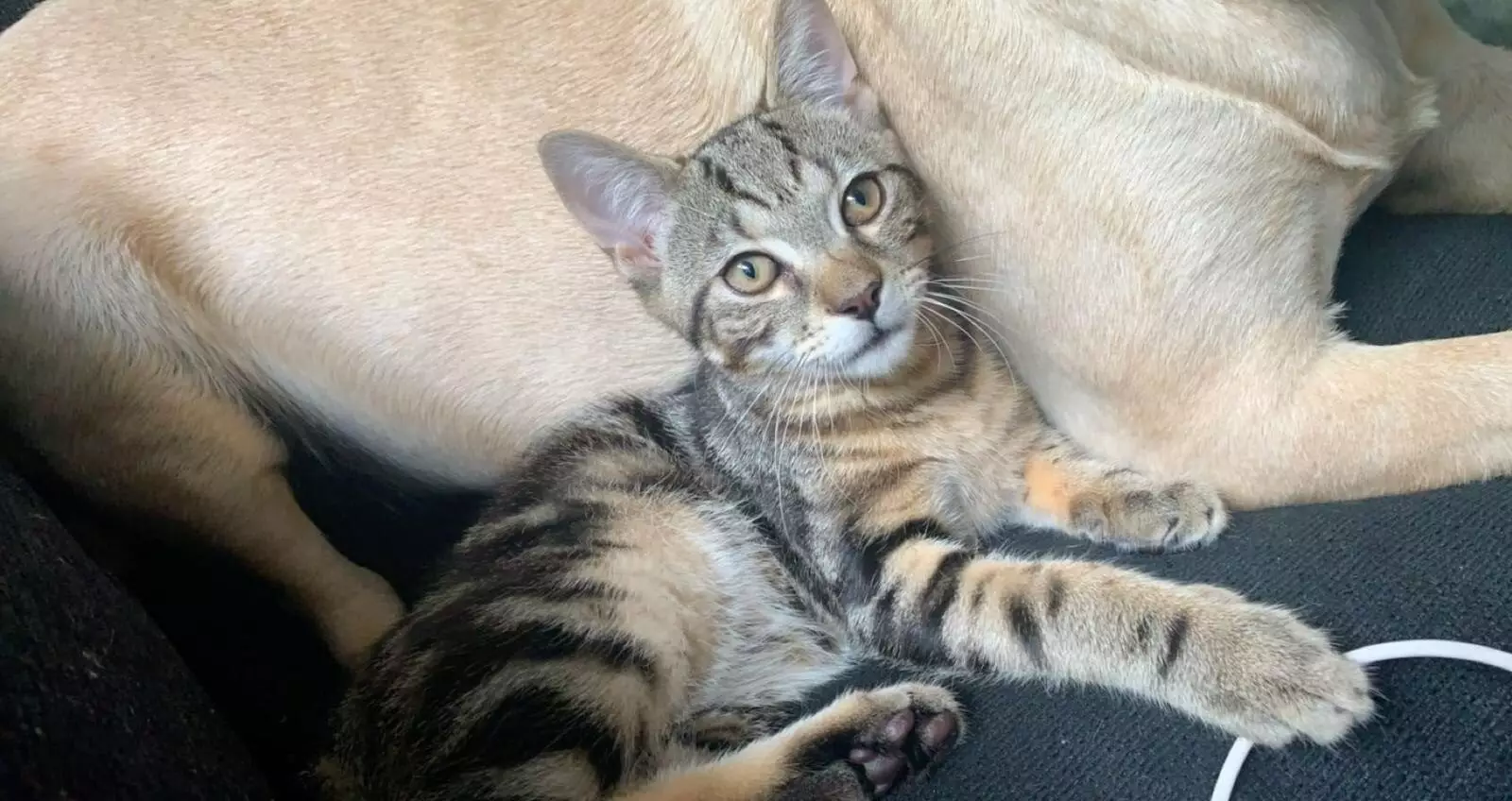As fireworks season approaches, many pet owners become increasingly anxious about how their beloved animals will react to the unpredictable and often terrifying sounds. The PDSA, a prominent veterinary charity in the UK, is raising awareness about the significant number of pets who suffer from fireworks-induced stress. Their efforts emphasize the importance of preemptive measures that pet owners can take to help their furry friends cope during this challenging time.
Recent findings from the PDSA’s Annual Wellbeing Report illuminate a startling reality: approximately 4.1 million dogs and 3.3 million cats in the UK experience anxiety when fireworks are ignited. The loud noises, bright flashes, and unexpected bangs can overwhelm pets, leading to serious physical and mental health issues. In some cases, the stress provoked by fireworks can result in debilitating reactions such as injuries, behavioral shifts, and even life-threatening conditions.
One alarming account involves Boo, a two-year-old tabby cat who underwent a traumatic experience during last year’s fireworks season. Boo’s owner, Shelly Chatterton, reported that the constant barrage of fireworks led Boo to develop a blocked bladder—a potentially fatal condition that affects pets’ ability to urinate. Shelly’s story underscores the far-reaching ramifications fireworks can have on pet health, driving home the urgent need for preventative strategies and awareness campaigns.
PDSA’s guidelines provide invaluable insights into how pet guardians can prepare their animals before fireworks start booming. Here are some key strategies:
1. **Plan for the Night**: Familiarize yourself with local fireworks displays and plan accordingly. Schedule walks for dogs during the daylight hours and keep all pets indoors as dusk approaches. For outdoor animals such as rabbits or guinea pigs, consider bringing them indoors entirely.
2. **Fortify Your Home**: Ensure windows, doors, and pet flaps are securely closed to prevent any accidental escapes. Close curtains to limit the light and muffling sounds from outside, creating a more tranquil environment.
3. **Create a Safe Haven**: Designate a comfortable “fireworks den” where your pet can retreat when feeling anxious. Equip it with familiar bedding, toys, and blankets; adding pillows can also help absorb external noise.
4. **Soothing Sounds**: Introducing calming audio can be effective in drowning out the chaos associated with fireworks. Consider playing soft music, white noise, or other comforting sounds at a moderate volume to help your pet remain untroubled.
5. **Scent Therapy**: Pheromone products, while not perceptible to humans, can greatly help to soothe animals. Utilizing a pheromone diffuser well ahead of the fireworks season may promote a stable sense of calm.
6. **Offer Comfort and Affection**: Every pet reacts differently to stressful situations, but for many, reassurance from their owners can significantly help. Engage in normal interactions with your pet, maintaining your own calm demeanor as a way to reassure them.
7. **Long-term Solutions**: If your pet is particularly sensitive to fireworks, it might be beneficial to embark on a desensitization process that helps them gradually acclimatize to the sounds. Although this approach may take some time, taking steps early can lead to comforting results by the next fireworks season.
The role of veterinary charities like PDSA cannot be understated. They serve as crucial lifelines for pet owners facing difficult circumstances, often providing care for animals whose owners cannot afford emergency treatment. Boo was fortunate to receive prompt medical care, and many pets can be saved by awareness and preventative actions taken ahead of festive seasons.
Importantly, community awareness around managing fireworks events is garnering attention. A significant majority of pet owners support limiting fireworks to designated days and times, highlighting a collective understanding that the safety and well-being of pets should be prioritized.
As we gear up for Bonfire Night and similar celebrations, the responsibility falls on us to ensure our pets are kept safe from undue stress. By implementing the strategies put forth by PDSA and fostering an environment of understanding and care, we can help our most loyal companions navigate the difficulties presented by fireworks. Shelly Chatterton’s experience with Boo serves as a poignant reminder to address our pets’ needs with compassion and foresight. Taking small, thoughtful steps today can make a world of difference in preserving our beloved pets’ health and happiness tomorrow.


Leave a Reply